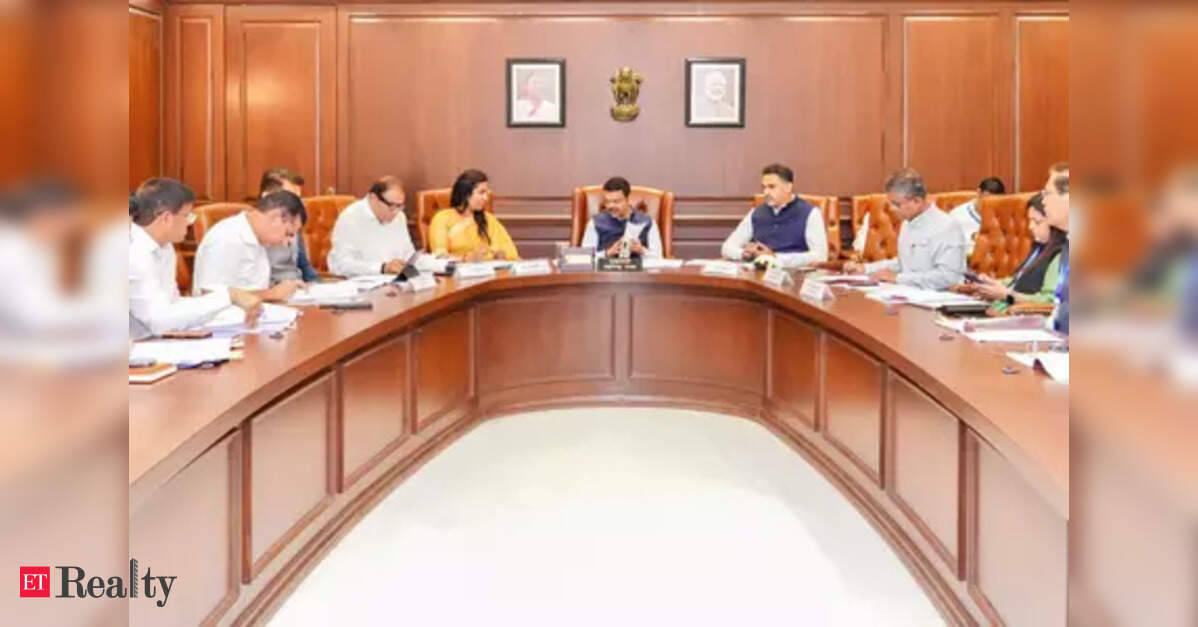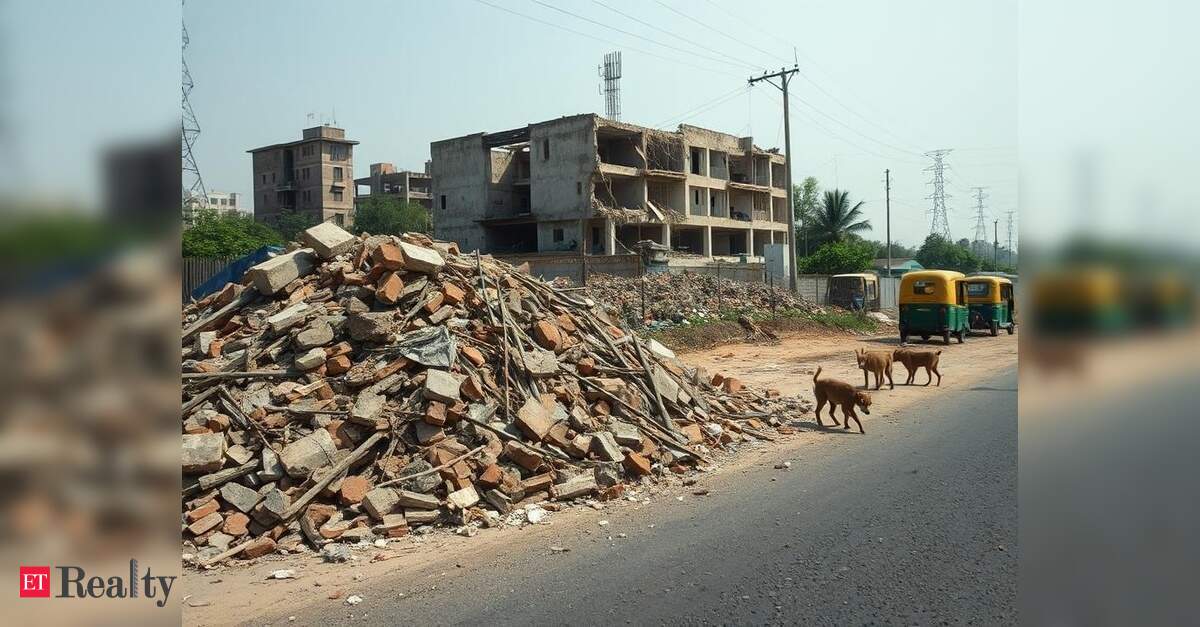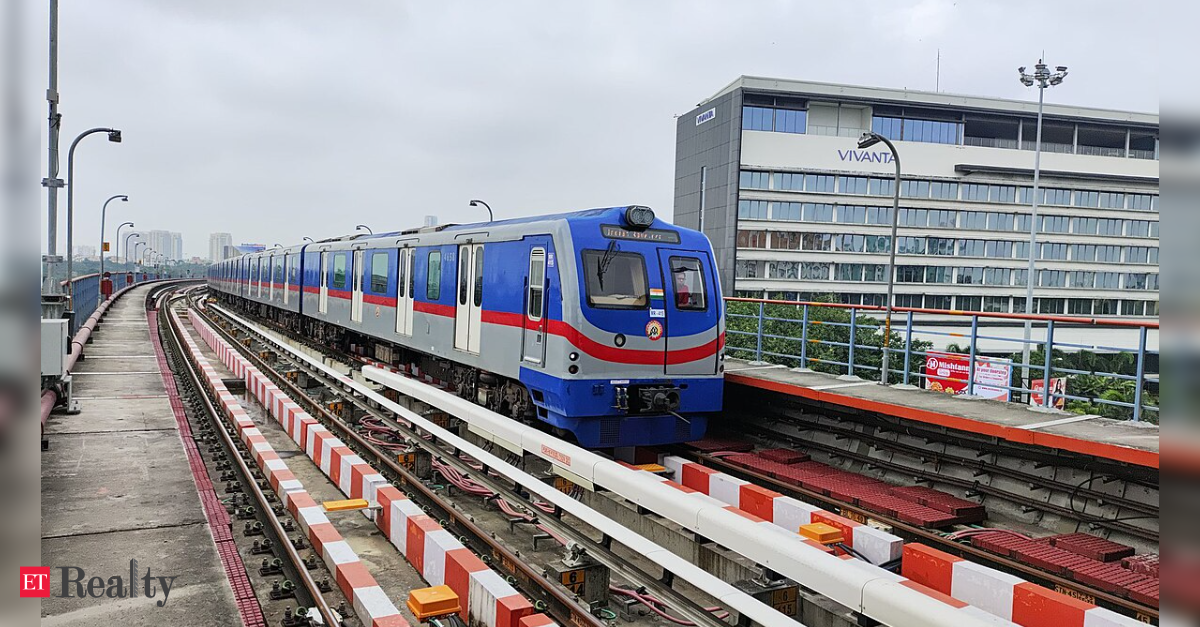
MUMBAI: On Tuesday, the Maharashtra government introduced a bill in the state assembly aimed at amending the slum redevelopment law. This amendment will enable the Slum Rehabilitation Authority (SRA) to collect outstanding transit rent from builders and developers.
The proposed changes to the Maharashtra Slum Area (Improvement, Clearance and Redevelopment) Act of 1971 will classify unpaid rent to slum residents as arrears of land revenue. Consequently, this gives the SRA the authority to initiate recovery actions under the Maharashtra Land Revenue Code (MLRC).
An official noted, “The SRA aims for these amendments to expedite its projects and ensure that slum dwellers receive their due rent.”
According to the amendment, if a defaulting builder lacks the necessary assets to pay the dues, the responsibility can extend to the personal assets of its directors or partners. Currently, the SRA’s powers include issuing stop-work notices or withholding new permissions for defaulting developers.
Officials express concern that even with stop-work notices, slum dwellers are often left without rent, and the absence of stricter penalties contributes to widespread rent defaults, highlighting the need for reform.
The bill also intends to shorten the time frame for dissenting slum residents to join SRA schemes—from 120 days to 60 days—once a majority (over 50 percent) has agreed to a redevelopment plan. After the 60-day window, those who do not participate risk losing their eligibility for on-site rehabilitation and may be considered for relocation elsewhere based on availability.
Additionally, the bill includes a provision to transfer land designated for slum redevelopment to government agencies like MMRDA, MHADA, MSRDC, and CIDCO within 30 days of a letter of intent being issued, facilitating more rapid execution of public sector projects.




